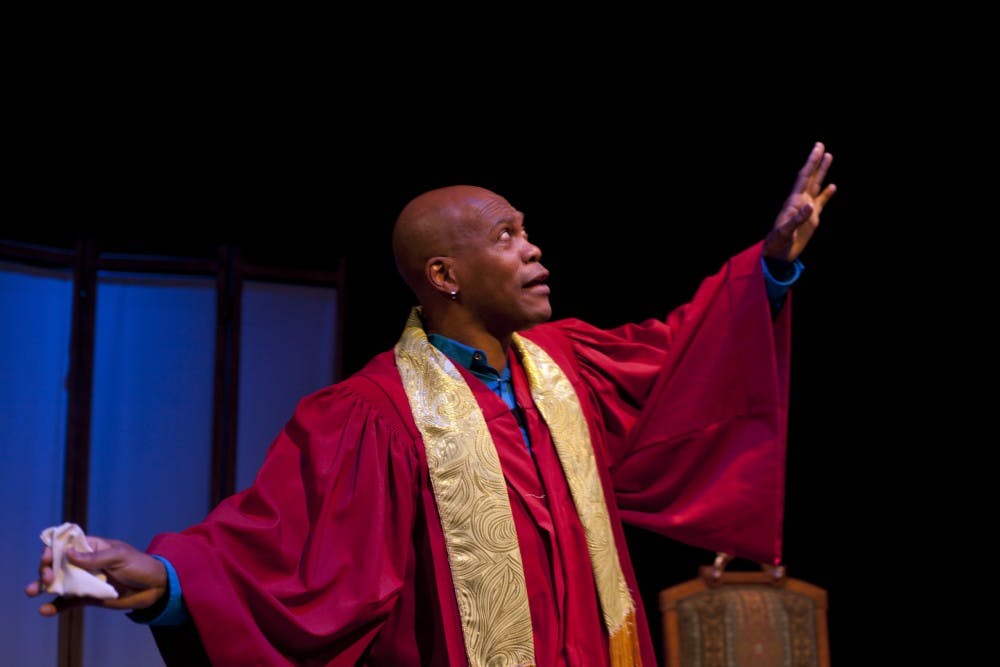The Sonja Haynes Stone Center for Black Culture and History is set to begin its 2019 Writer’s Discussion Series this month.
The first speaker, author and UNC graduate E. Patrick Johnson, will read excerpts from his new book, “Black. Queer. Southern. Women.” on Wednesday evening. Johnson used ethnographies and oral histories to develop the book, drawing on the stories and experiences of more than 70 African-American Southern women.
“I think oral histories are really important for sharing the stories of marginalized groups,” Johnson said. “Sometimes one story is the only thing they have, and oral history is also important in terms of passing down knowledge from one generation to the next.”
Joseph Jordan, director of the Sonja Haynes Stone Center for Black Culture and History, said inviting Johnson to speak was natural, especially given his relationship with the Center.
“This is a home for him,” Jordan said. “We weren't reaching out to someone that we didn't know anything about and who didn't know anything about us. He was here when people were trying to get the Stone Center built.”
Johnson, a professor at Northwestern University, has conducted research and written extensively on race and sexual and gender identities, often incorporating performance arts into his work.
“There's also something about bearing witness to the story with others that makes things really powerful,” Johnson said. “Having people share their stories is a way to give them a platform to speak their truth, to potentially shape public opinion about a population or minority group but also to humanize people in the eyes of those who might be bigoted.”
Johnson, who has spoken at the Stone Center previously, recalled one such experience, when a man repeatedly asked him, “How do you deal with you and your God?” during a Q&A session after a 2008 performance of “Pouring Tea: Black Gay Men of the South Tell Their Tales” in Chapel Hill. The man, who he said was struggling with his own sexuality, later came onstage, “sobbing profusely,” to hug and thank Johnson.
“Hearing the stories of other men who had gone through the same struggle as he had gone through, or was going through, made all the world of difference because it would let him know that he was not alone,” Johnson said. “So that's the work oral histories can do, that's the work performance can do, that's the work that sharing the stories of marginalized people can do.”




